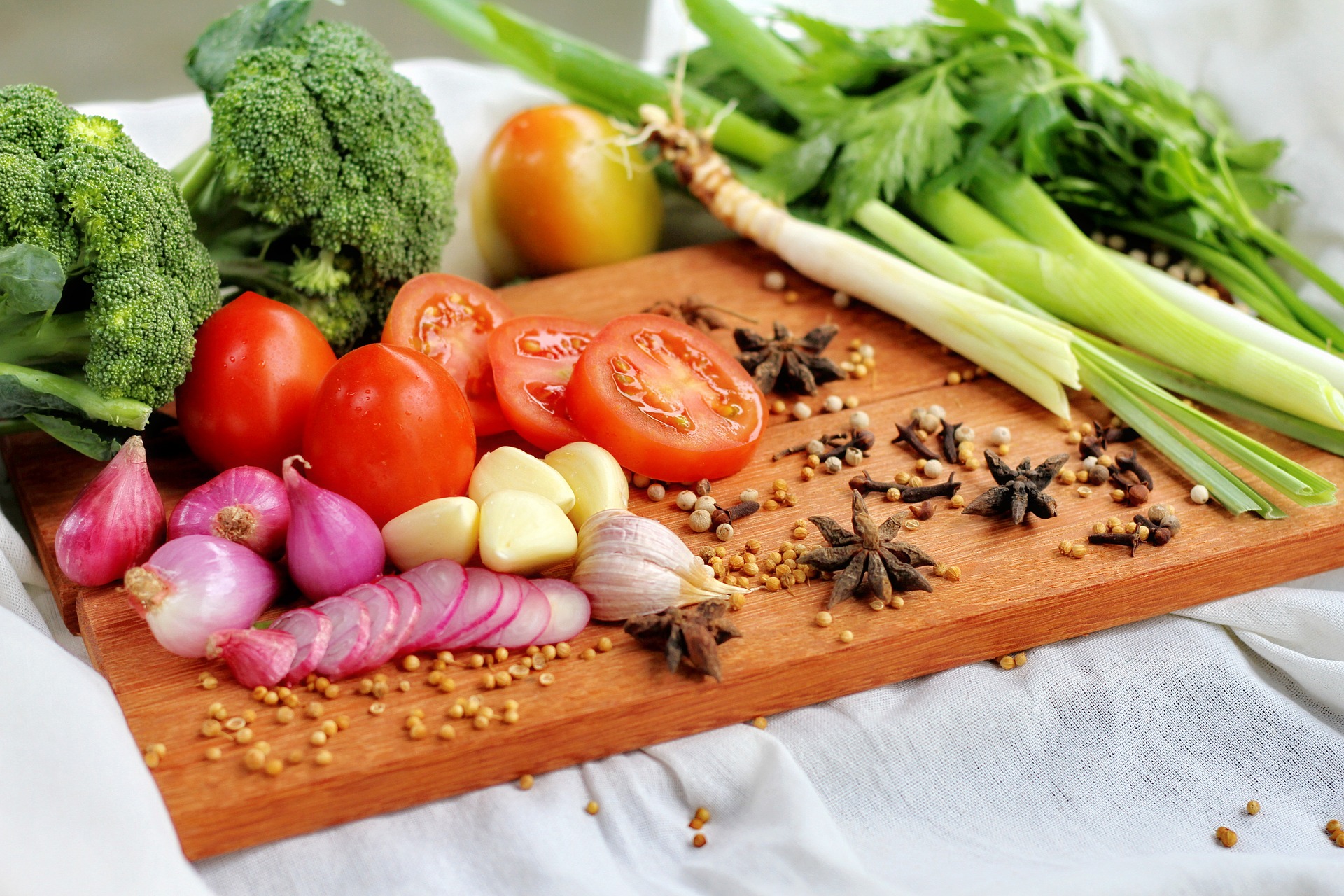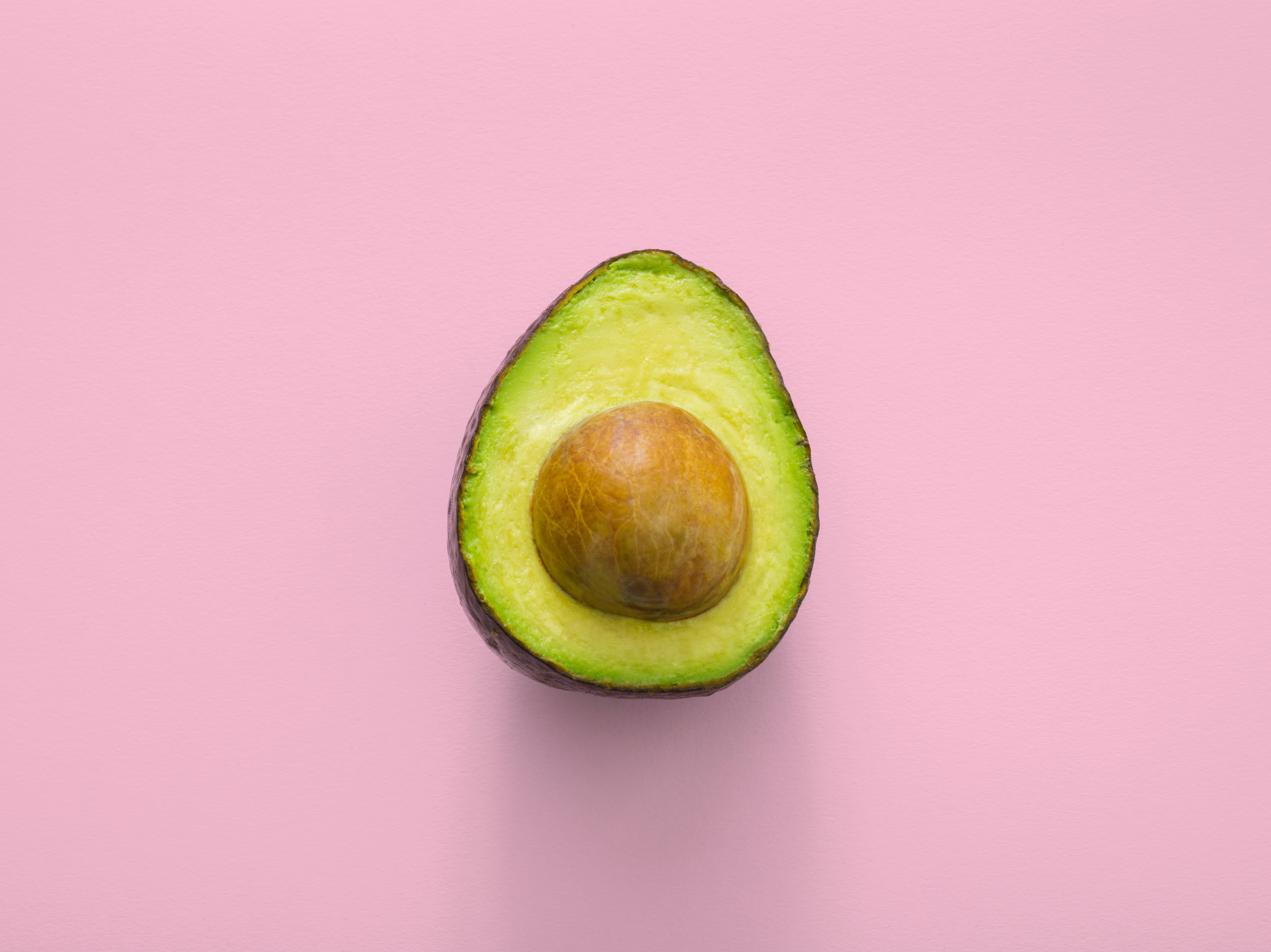6 Mins Read
All over the media, diet and nutrition articles bombard us with tips, suggestions, mandates and more on what to eat for optimal health. There are so many controversial eating plans and contradictory messages that it can be hard to keep track of what rules to follow. Below, we share seven sensible diet mantras to keep in mind that the majority of diet experts, doctors and nutritionists would agree on.
Nothing From A Box AKA No Processed Foods
Otherwise put: eat freshly picked and freshly made food. Understandably cooking every meal yourself is not a realistic goal for everyone. That being said, if you are choosing to eat foods prepared by others, make sure it has a short shelf life. Food that is freshly prepared will go bad very quickly as per nature’s intentions. Shelf stable foods have additives that enable them to last for weeks, months and years. Stay away from these types of foods and ingredients lists with preservatives, artificial ingredients or any added ingredients that don’t need to be there (like tons of sodium and sugar). Foods that sit around for long periods of time also have higher instances of mould- many varieties of which are not visible to the human eye- and bacteria. The more often it is handled, the higher the chance it has been contaminated. Note: frozen food is not such an issue- when foods are flash frozen, they retain much of their nutritional content. Plus, they tend to be budget-friendly.

Aim For >50% Plants
What that means for you: more colorful salads, veggie bowls, smoothies and soups. The majority of your diet should be plants- most experts can agree on that, even if they are arguing about the benefits of raw versus paleo versus vegan. Vegetables are full of so much good stuff (minerals, vitamins, micro-nutrients)- it really does make a huge difference in your overall wellbeing to incorporate more of them in your diet every day. Eating more plants means getting in more fibre and more water- known as eating your hydration. Ever noticed that you are very thirsty after consuming a bunch of fast food? Packing in fruits and veggies will have the opposite effect. Aim for more than 50% to 70% of your plate to be made up of plants at every meal.
Roughage Rules
Translation: it’s all about the fiber. There are many nutrition controversies these days but one thing all the experts agree on is that fibre is essential for health- it keeps your digestive system in check by acting as a ‘sweeper’ of your various intestinal tracts amongst other things, it keeps you fuller, reducing your need for more calories, it slows down the effects of fructose and glucose on blood sugar, helping to lessen insulin spikes. Guess where fiber come from? Vegetables, fruits, whole grains, seeds and nuts. You can guess where we are going with this…Remember, while a green juice a day is perfectly healthy- juices do not contain much fibre. Smoothies and blended soups are the way to go if you are in a rush- they ensure you take in all of the fiber.
Eat Some Animal Protein, Some Of The Time
Basically: eat some meat & fish and make sure it’s the best you can afford. If you eat less overall, your budget will be able to accommodate the higher quality version, which sadly costs more than the industrial varieties. We will save the arguments for veganism for another post- read this great interview we did with international animal activist Richie Kul if you want some really well-expressed thoughts about this. Many healthy people consume seafood, poultry products, meat and dairy, the issue is where you are getting your meat/dairy/seafood from and how much of it you include in your diet. We love US food writer Mark Bittman’s ‘vegan before 6pm’ philosophy. Most of your meals should be plant-based and when you add in the animal protein, make sure it’s raised/reared the way nature intended it to be: free-roaming 100% grass fed beef, pasture-raised lamb and pork, organic chicken/eggs and wild seafood. Why? Because the nutrient profile of animal protein reared in its natural habitat is completely different to the factory-raised alternative, not to mention that the latter is extremely harmful to the environment.
Variety Is the Spice Of Life
In other words: eat the whole rainbow. Your plate should be colorful and include many different ingredients. The more different ingredients you eat every day, the more nutrients, minerals and vitamins you will ingest. One of the easiest ways to ensure variety is to make use of herbs and spices-commit to using one dried spice and one fresh herb every day for dinner. Make sure you use a different one every day for a week and then start over- this is an easy change to adopt, plus it’s fun. Test out new recipes, trial new cuisines and top up your salads, soups, smoothies and veggie bowls with toasted nuts/seeds and herby dressings. Sauces are a great way to get many different ingredients into your diet.
Hydration Is Key
We urge you to take on this challenge. Change nothing else about your eating habits EXCEPT this one thing: commit to drinking three litres of water a day. Do this for one month. We will go on record and guarantee that if you compare body measurements, photos of your complexion and body composition data- all will have improved. When you drink a lot of water, you are not as hungry overall- many of us misinterpret thirst for hunger. The right amount of hydration also helps all your organs do their job better: blood circulation, cell regeneration, smooth digestive, expelling waste, absorbing nutrients- all of this requires a great deal of water. When all these things are working smoothly, you will look, feel and do better all around. Just make sure you are drinking the right kind of water: filtered with added herbs or fruit to liven things up. Mineral water works too but is not always affordable or environmentally-friendly. Don’t go for for distilled water- amongst other things, it can lead to mineral loss and can increase your body’s pH levels rendering you more acidic.
Good Fats = Good Thinking
Most of us have probably read about fats this ad nauseam at this point but it’s worth repeating: you need good fats for optimal health, particularly for good brain functioning. Great ways to get it: cook using unrefined virgin coconut and dress your salads/veggie bowls with cold pressed avocado, nut or olive oil. You really can’t go wrong if you follow these simple tenets. A quick reminder about the fats you should avoid: processed oils (refined), trans-fats/re-constituted fats (usually solid at room temperature when they should be liquid, margarine comes to mind), rancid oils (those packaged in clear plastic that have been sitting around on brightly-lit store shelves for months).
Photo credits: Love that color via photopin (license), 2010_2107 – Food Textures_4 via photopin (license), Yummy fruit salad. via photopin (license), IMG_2711 via photopin (license) and 2011 08 20 via photopin (license).








